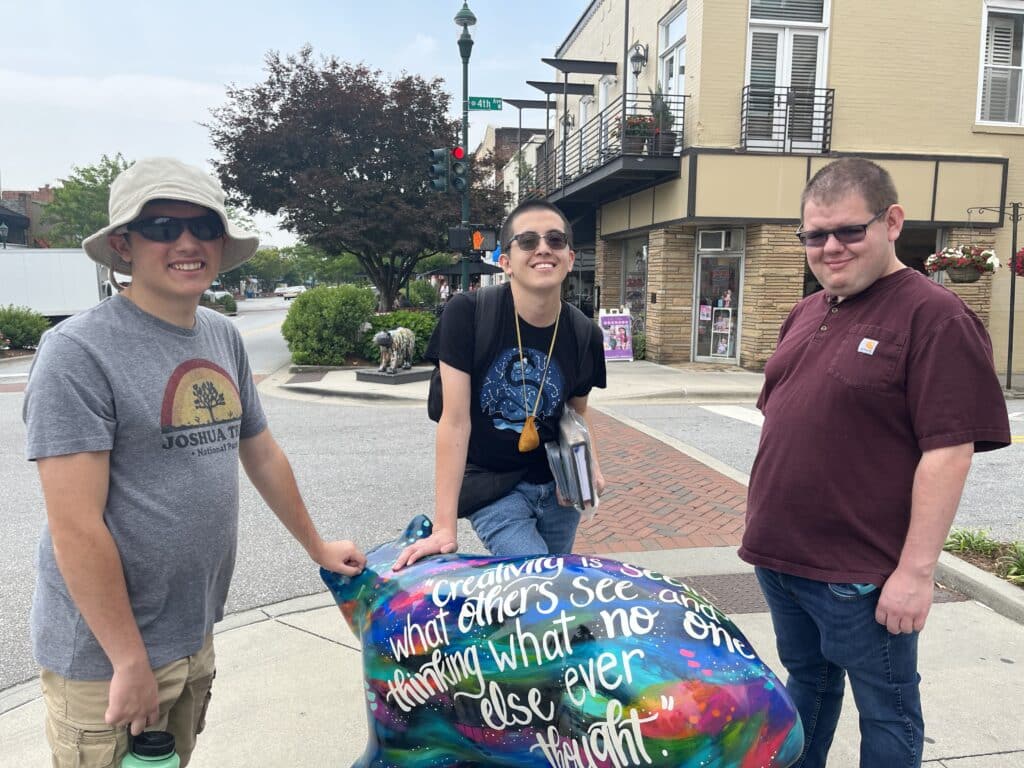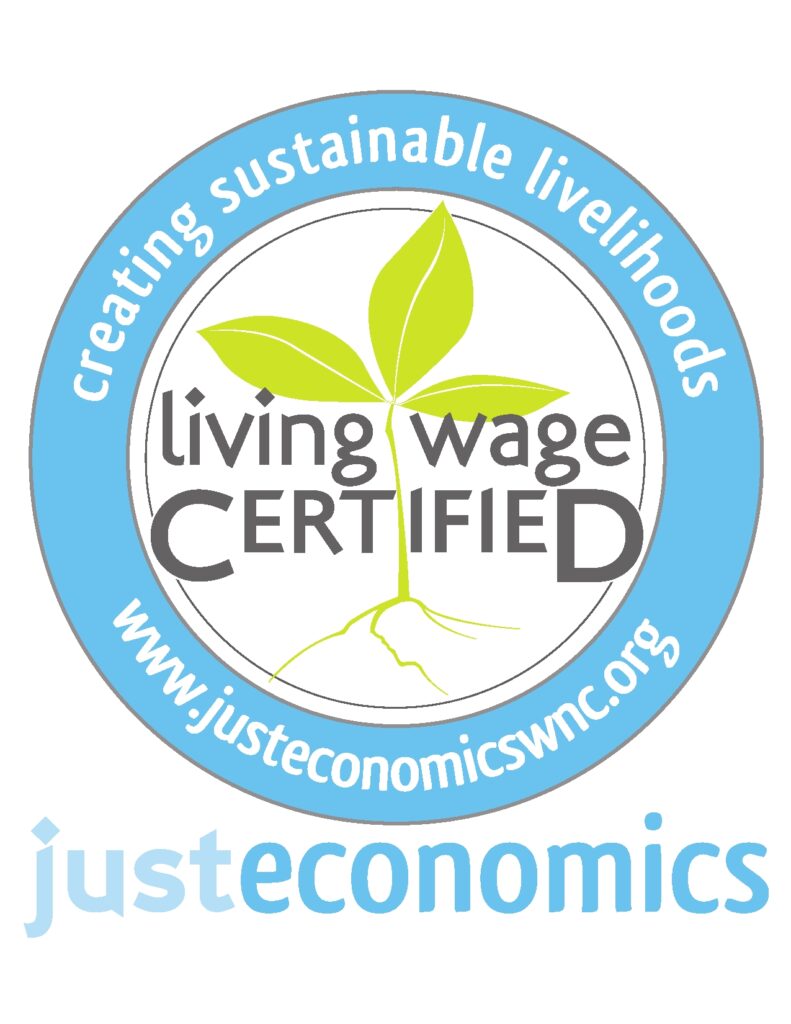A prevocational training program for teens and young adults ages 16 and up on the autism spectrum and similar needs.

What is "Feed the Need"?
Feed the Need is a life skills program for teens and young adults (ages 16 and up) on the autism spectrum and similar behavioral needs. Currently, this program does not require a formal diagnosis. At Feed the Need, participants have the opportunity to work on social and daily living skills along with advancing these skills by community activities in a group setting.
The program provides instructor-led discussions and activities for participants to learn new skills and practice and/or improve existing skills in order to increase or maintain their independence within the community. Areas of skill acquisition are: interpersonal, independent living, community living, self-care, and self-determination.
Typical Feed the Need Activities
Community Activities
- Exploring our community by visiting locations such as museums, parks, apple orchards and special events held within the Hendersonville area.
- Volunteering with several non-profit organizations (i.e. Salvation Army, Meals on Wheels, Highland Lake Community Garden, etc.)
- Regular visits to the Hendersonville library.
Group Discussion Topics
- Money management and budgeting
- The importance of exercise
- Appropriate behaviors in community settings
- Safety precautions within the community and online
Group Activities
- Meal preparation
- Maintaining the Feed the Need community garden (planting, weeding and harvesting vegetables and flowers)
- Art projects designed to promote creativity and individual interests
- Social activities such as board games, yoga, exercise designed to promote healthy habits and social interactions
General Information
Hours: Monday through Friday between the hours of 10:00am and 4:00pm
Currently, insurance is not accepted for services and the program is Private Pay. Financial assistance may be available.
Contact Information
-
620 Oakland Street,
Hendersonville, NC 28791 - 828-693-4223
- [email protected]
- 844-590-5821



